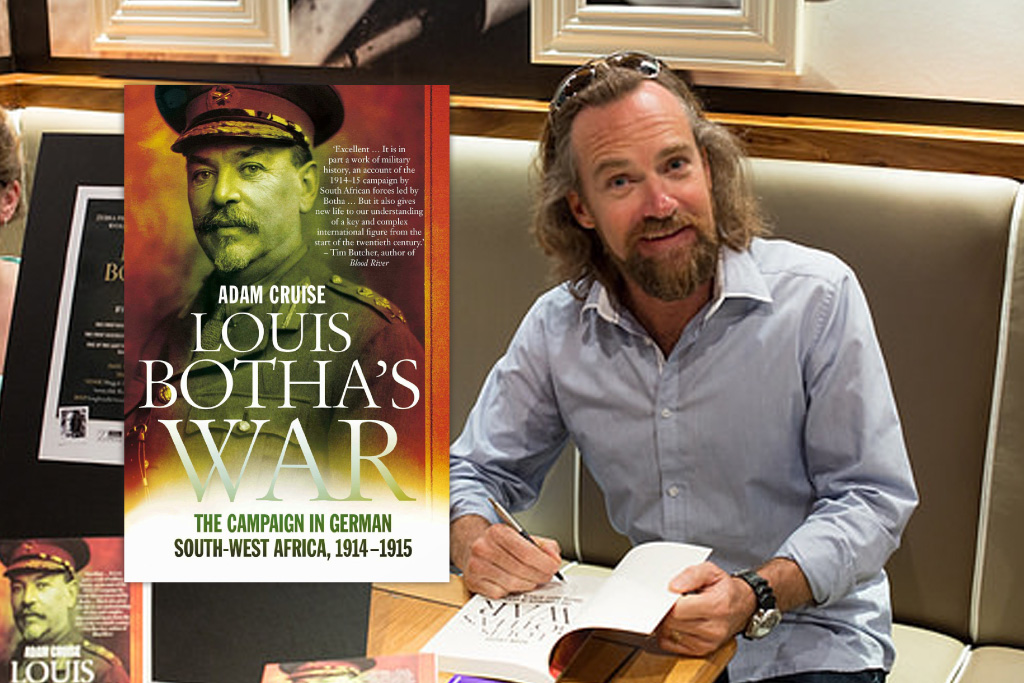
The definition of transformation (noun) is the act or process of transforming, the state of being transformed, and also a change in form, appearance, nature, or character. In essence transformation speaks about a continuing and continual process. The reason I am bringing this up is that a principal character trait of all humans is precisely this! It seems to be an essential ingredient of our DNA right from the day of our creation. And since we are called the crown of God's creation, it stands to reason that the environment we are living in is also subject to this process. In order for us to fully experience the presence of God, and to fully appreciate our relationship with Him, we also need to be fully aware of the "process of life."
We find the principle of transformation in the very first instruction we receive from God; he places us in the environment He created and in the atmosphere of His Spirit, and then says, "Be fruitful and increase in number; fill the earth and subdue it. Rule..." (Genesis 1:28a). Without bringing about change, and without transforming something basic into something else it is impossible to be fruitful, to fill, to subdue or to rule. God later confirms this with the instruction, "I am the Lord your God; consecrate yourselves and be holy, because I am holy" (Leviticus 11:44). Consecration and the process of becoming holy is also referred to in Scripture as sanctification, a key ingredient of our walk with the Lord.
God gave the same instruction to Cain when He said, "Why are you angry? Why is your face downcast? If you do what is right, will you not be accepted? But if you do not do what is right, sin is crouching at your door; it desires to have you, but you must rule over it" (Genesis4:6-7). Some translations put it as "you must master sin." In the mastering of anything, a process is implicit - one cannot become a master at anything without the process of failing and trying again, and the process of becoming better at something. Implicit in God's instruction is also His grace - the grace of forgiving our mistakes and the grace to strengthen us to do better than before in order for Him to get the glory. So, in a sense, transformation and grace are inextricably linked!
No matter where we find ourselves, on the right or wrong side of the track, the process will always follow us. Look at the process of moving away from God and forsaking a right relationship with Him: "Blessed is the one who does not walk in step with the wicked or stand in the way that sinners take or sit in the company of mockers..." (Psalms 1:1). The process of "falling away" is simple - walking, then standing, and lastly sitting. Walking may be likened to "flirting with danger," standing to seriously starting to consider the flirtations, and lastly sitting, and indication of comfort and acceptance. Jesus speaks about the same process when He warns His disciples, "Walk while you have the Light [keep on living by it], so that darkness will not overtake you" (John 12:35). While one is walking in step with the Light all is fine' however, when one stands still, or even sit down, darkness will overtake and overcome one!
Paul writes to the New Testament churches and encourages a walk of transformation, and a lifestyle focused on having one's human nature changed into that of Christ. Yes, he was encouraging sanctification! To the church at Corinth he writes, "And we all, with unveiled face, continually seeing as in a mirror the glory of the Lord, are progressively being transformed into His image from [one degree of] glory to [even more] glory, which comes from the Lord, [who is] the Spirit" (2 Corinthians 3:18), while he encourages the Christians in Rome, "And do not be conformed to this world [any longer with its superficial values and customs], but be transformed and progressively changed [as you mature spiritually] by the renewing of your mind [focusing on godly values and ethical attitudes], so that you may prove [for yourselves] what the will of God is, that which is good and acceptable and perfect [in His plan and purpose for you]" (Romans 12:1).
With the exception, I suppose, of a total miracle, it is impossible for us to experience instantaneous results in any situation. Thus we cannot simply "fall into" sin, or for that matter, "fall out of sin," but rather we are subject to the process that goes with that. Falling into sin is a gradual process from flirting in thought, to considering in thought, and then sitting in an action. The opposite is true as well - while forgiveness is instantaneous and immediate, we often still have to deal with the consequences of whatever it is we were forgiven from. And so our entire existence is a process of getting to know God. The amazing thing is this - even after we depart earth and enter eternity for the final time, this process continues. Jesus defines "eternal life" simply as the process of getting to know God (John 17:3). And since God has no beginning or end, the process of our existence, and the accompanying transformation of ourselves is equally without end. Once we accept this as the foundation of our relationship with God, that union becomes richer and more fulfilling, and the distractions of this world become infinitely less tempting! Viva la transformation!










































































